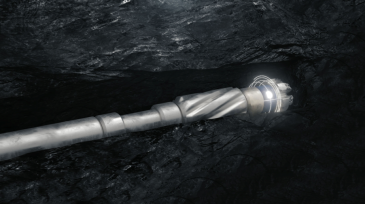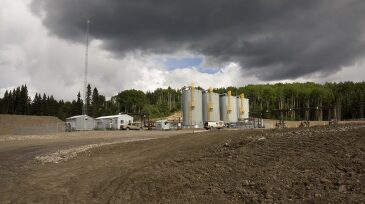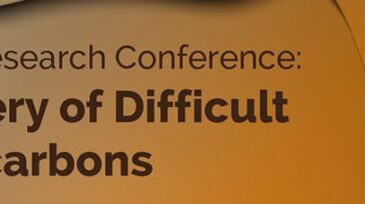Technology
Over the past decade, oilfield service companies have transformed logging-while-drilling (LWD) development into a faster, collaborative, system-level process that delivers improved reliability from the first run and makes development philosophy as important as the technology itself.
Saipem's center includes a full-scale simulator designed to replicate real operational scenarios to deliver an immersive training experience.
EZOps will integrate its Mobile Oilfield Management platform into the college’s energy technology program, giving students hands-on experience with digital tools used in modern oilfield operations.
-
Considering most of the rigs deal with human-machine interface systems, the role of human factors is at the heart of any successful operation. Eye-tracking technology can be useful in real-time operation centers where ocular movement data can improve the professionals’ performance.
-
Shale explorers run very few logs into horizontal wells, making it difficult to understand the effects of reservoir depletion in tightly spaced wells. This new technology is trying to change that.
-
Due to its simplicity, the Arp's Hyperbolic Decline Model is used in unconventional resource plays. The poster mathematically proves and physically explains why "b>1" can't last forever.
-
Unconventional oil and gas have come to dominate the exploration and development scene in Western Canada since 2005, much as they have in the US. As usually happens with new play ideas and trends, appraisal and development have generated a broad spectrum of results in Canadian Unconventional plays.
-
[Image Courtesy: KAUST.]
-
The Nigerian National Petroleum Corporation announced a three-point smart strategy aimed at ending gas flaring in Nigeria’s oil and gas industry in 2 years.
-
Matt Balhoff, associate professor at the University of Texas Petroleum and Geosystems Engineering Department, shares the latest advances in his research on enhanced oil recovery.
-
In drilling, more often than not, automation and optimization are independently addressed. Artificial intelligence can be the bridge between the two.
-
Climate change has brought the oil industry face-to-face with the enormous challenge of providing the world with a source of efficient and reliable energy while at the same time ensuring that CO2 emissions are mitigated.
-
There is a big prize to be claimed in enhanced shale and tight oil recovery.













